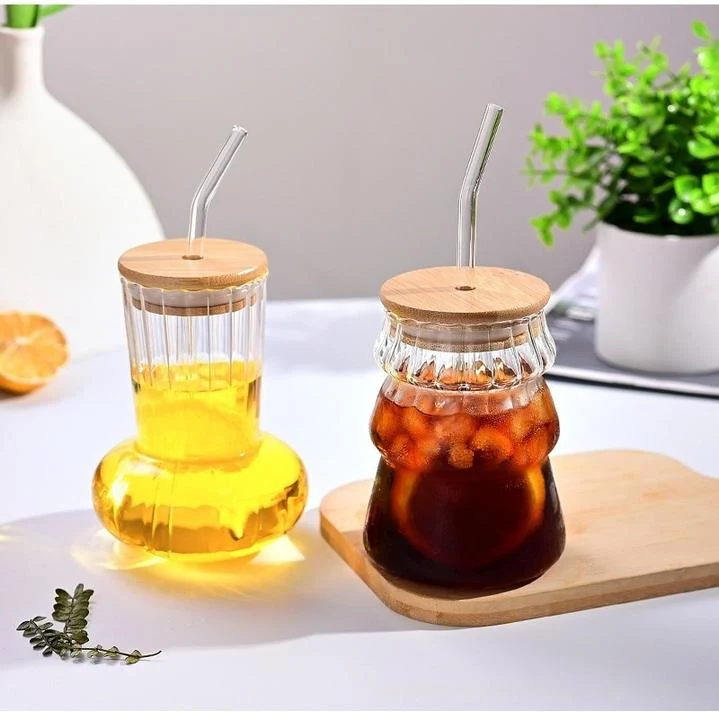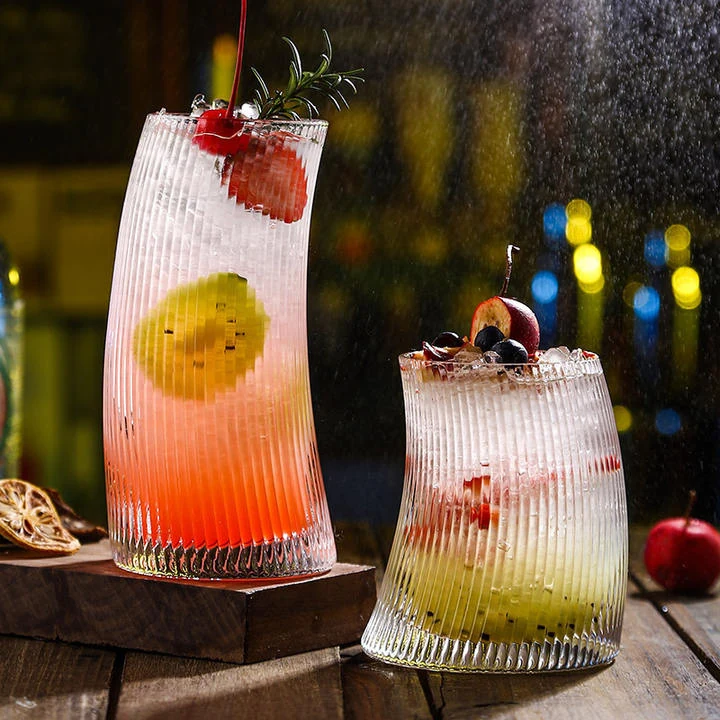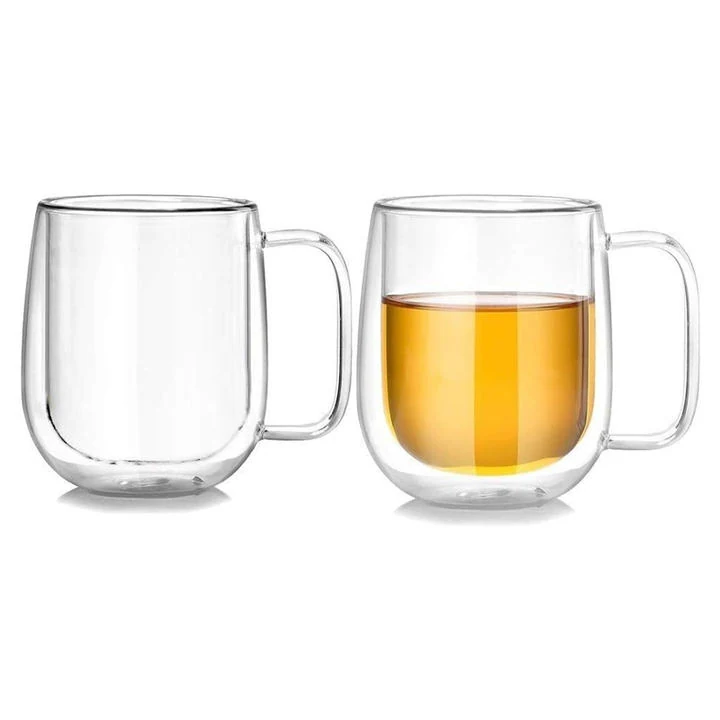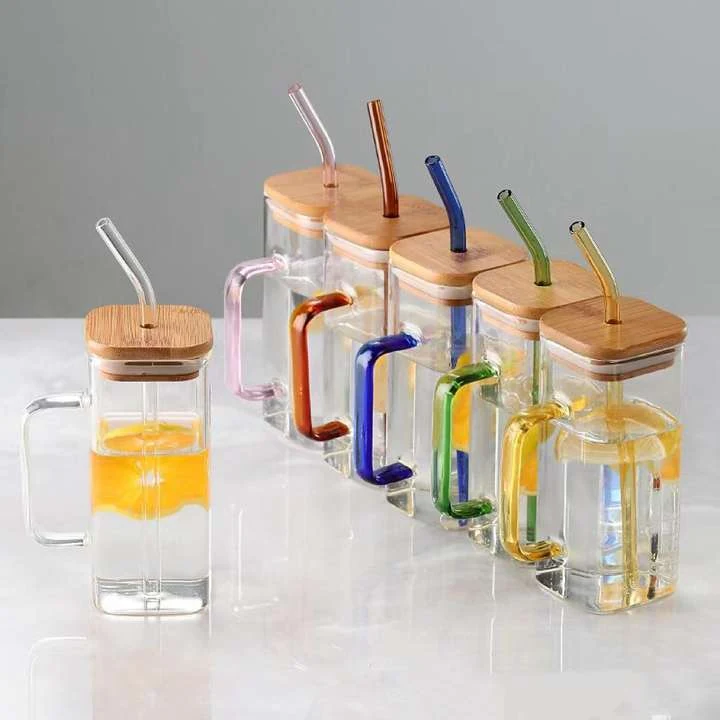
## Part 1: Market Size and Growth
In recent years, I have watched how Iran’s glassware and tableware sector has slowly drawn more attention. The country has natural access to raw materials like silica and soda ash, which gives it a base to build a glass industry. In parallel, rising domestic demand and modest export potential push manufacturers to upgrade designs, capacities, and quality.
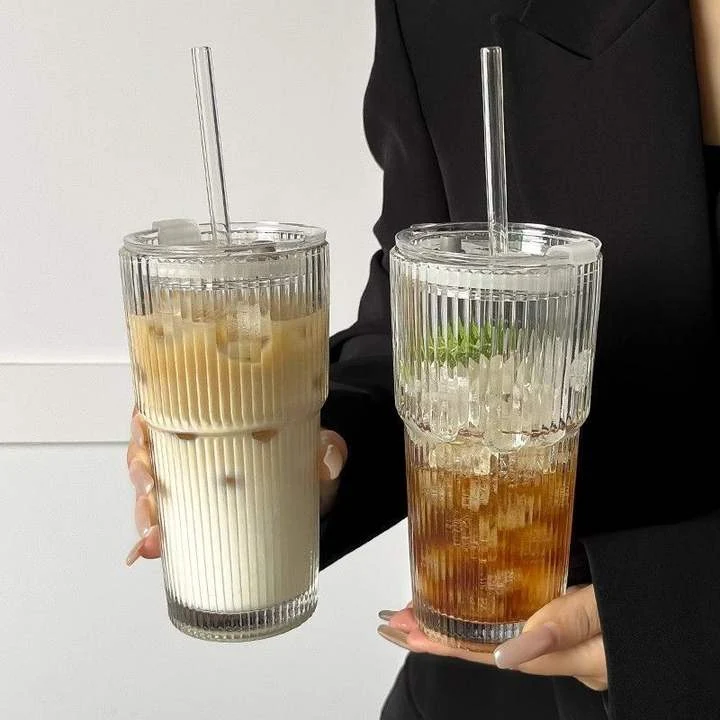
The glass cup market in Iran includes household use, hotel and restaurant equipment, gifts, and industrial clients. Domestic demand covers many cities, especially in urban areas with growing middle class. Meanwhile, some manufacturers try to export to neighboring countries in Middle East and Central Asia.
Because of sanctions and trade barriers, many firms focus on self-reliance, vertical integration, and local supply chains. The government has offered incentives for manufacturing, and private investors have sought joint ventures. At the same time, clusters in provinces like Isfahan, Yazd, and Tehran have pushed other firms to modernize to stay competitive.
## Part 2: Leading Companies
Here I profile three glass cup manufacturers in Iran that are relatively known in domestic trade circles. I do not claim they are the only ones, but they help illustrate strengths and challenges in the sector.
### Ghazvin Glass Company
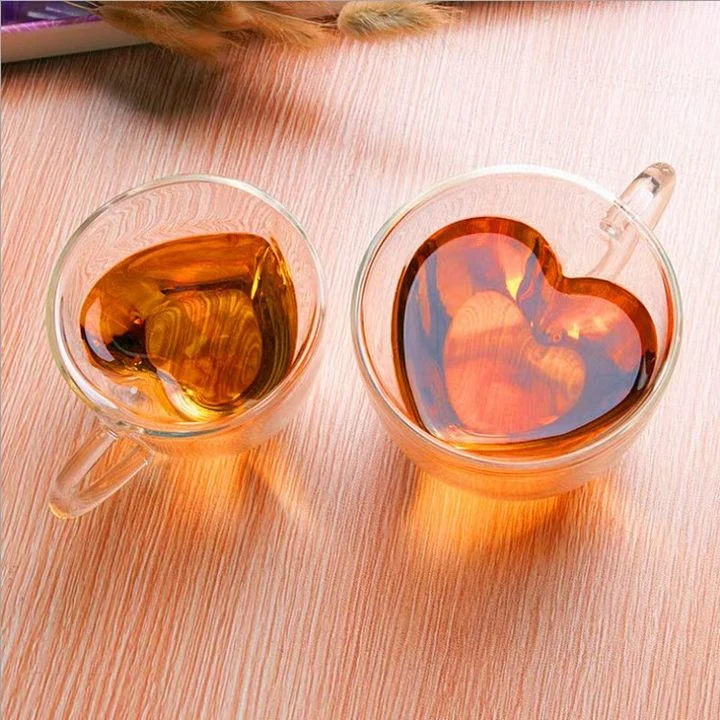
Ghazvin Glass Company was founded in the late 1990s in the Qazvin province. It began as a small glassworks producing simple tumblers and gradually expanded. Over time it introduced semi-automated pressing and molding machines to scale production.
Their product range includes drinking glasses, tea cups, specialized cups for cafes, and decorative glassware. They serve domestic retail chains, hotels, restaurants, and occasional export to neighboring countries. Because they kept growing steadily, they now have some capacity to take OEM orders.
They mainly focus on household and hospitality industries. Their technical edge lies in efficient furnace control and efforts to reduce breakage rates in packing. They claim to hold ISO quality certifications and meet Iranian national standards for food safety.
### Yazd Crystal & Glass
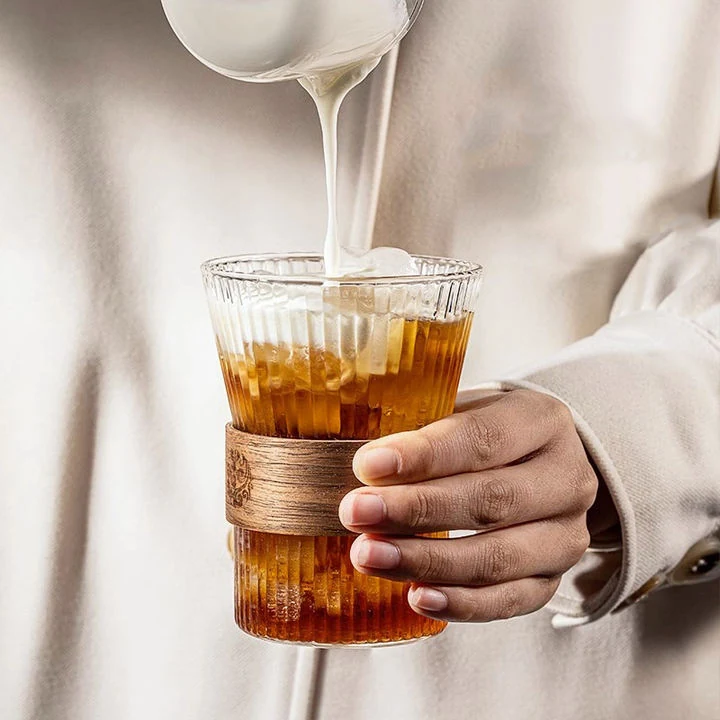
Yazd Crystal & Glass is based in Yazd province and is better known for its decorative glass, but they also make high-end drinking glass lines. They began as a small artisan workshop, then invested in CNC and polishing equipment to raise finish quality.
They make wine glasses, juice glasses, tumblers, decorative goblets, and sometimes custom etched cups. Their clients include boutique hotels, gift shops, weddings, and upper market consumers. Over time they added export to Gulf countries and Central Asia.
Their strengths are in the finishing, polishing, and decorative design. They emphasize clarity, anti-scratch coatings, and custom etching. They have won national design awards and hold Iran’s standard certification for glass clarity and safety.
### Tehran Glass Manufacturing Co.
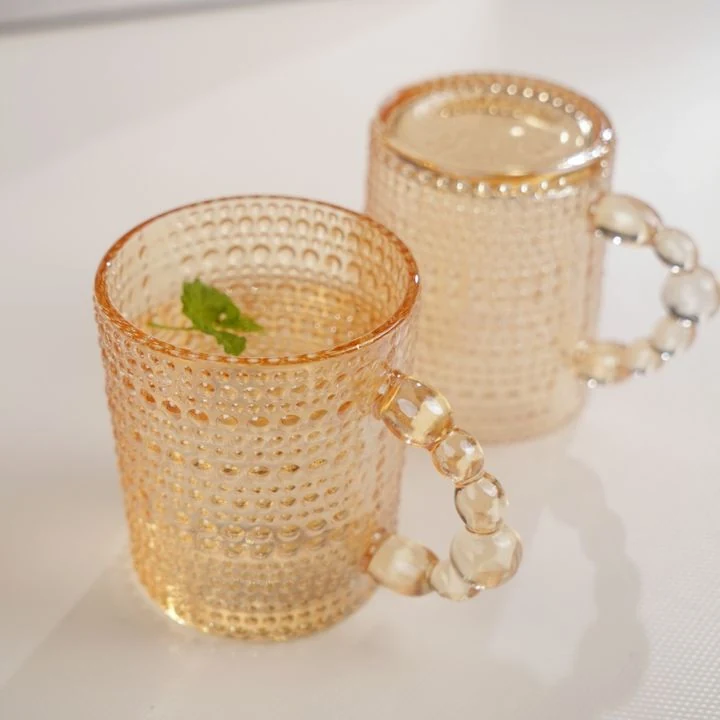
Tehran Glass Manufacturing Co. (TGMC) has roots going back to the 1980s on the outskirts of Tehran. Originally serving local markets, they modernized in the 2000s with continuous melting furnaces and automated pressing lines. They now handle large volume production of everyday drinking glasses.
They produce standard glass cups, tumblers, stackable glasses, café glasses, and basic wine glasses. Their customers are wholesalers, large retail chains, catering services, and sometimes export partners under private brand labels. Their strength is scale, cost control, and supply reliability.
They serve mass consumption and mid-market hospitality sectors. Their innovation lies in energy efficiency in furnaces, reuse of waste glass cullet, and lean production. They hold ISO quality systems and certifications for food contact safety.
#### Company Comparison Table
| Company | Founded | Core Products | Industries Served | Certifications / Honors |
|------------------------------|----------------|-------------------------------------|--------------------------------|------------------------------------------|
| Ghazvin Glass Company | Late 1990s | Tumblers, tea cups, decorative cups | Household, Hotels, OEM | ISO, Iranian food safety standard |
| Yazd Crystal & Glass | Early 2000s | Wine glasses, decorative, etched cups | Boutique hotels, gifts, export | National design awards, clarity standard |
| Tehran Glass Manufacturing Co. | 1980s | Drinking glasses, café glasses | Retail chains, catering, OEM | ISO, food contact certification |
## Part 3: Trade Shows and Industry Events
### Tehran International Glass & Ceramics Fair
This is one of the primary trade fairs in Iran for glass, ceramics, and related industries. It is held annually in Tehran and attracts domestic and regional visitors, including manufacturers, suppliers, designers, and buyers.
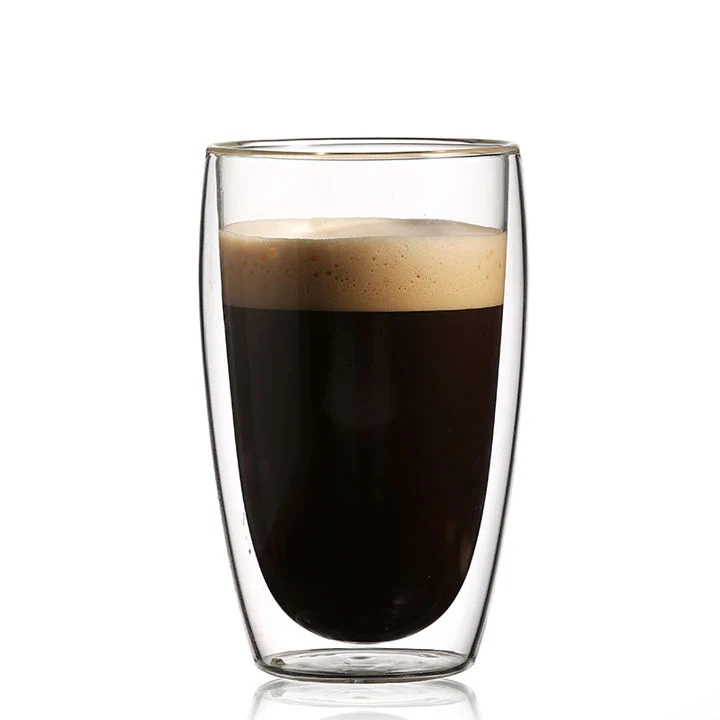
Typically, it takes place in the spring at the Tehran International Exhibition Center. Exhibitors show glasses, tableware, decorative glass, machinery, furnace technologies, and raw material suppliers. The fair gives local manufacturers a stage to showcase new designs and technologies and meet potential clients.
Key highlights include live demos of glass blowing, furnace equipment booths, and conferences on sustainable glass production. Many suppliers in Iran and neighboring countries attend to scout partnerships. Buyers from Iraq, Azerbaijan, Afghanistan, and Gulf countries often come.
### Iran Home & Kitchenware Expo
This expo covers broader home and kitchenware, including glass cups, tableware, ceramics, kitchen appliances, and housewares. It occurs usually in autumn in Tehran or major cities like Isfahan or Shiraz.
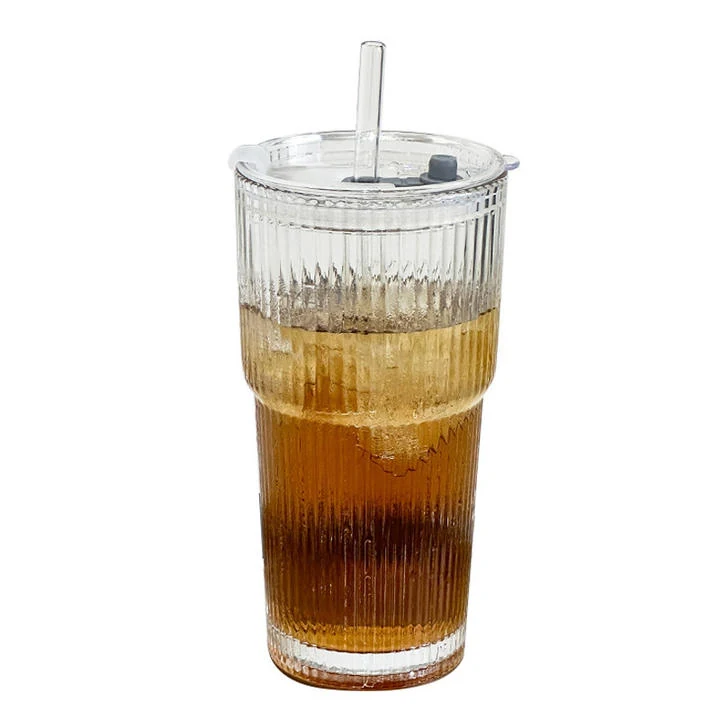
At this expo, glass cup manufacturers present thematic collections—such as “modern minimalist glassware” or “Iranian motifs.” Visitors include hotel procurement teams, retail buyers, interior designers, and exporters. It acts as a bridge between domestic producers and regional buyers.
Highlights include thematic exhibition zones (e.g. “hotel glassware zone”), design contest awards, buyer matchmaking services, and group visits by trade delegations. Suppliers use it to launch new exclusive lines and negotiate export deals.
#### Event Summary Table
| Event | Date (Typical) | Location | Highlights |
|--------------------------------|----------------|--------------|---------------------------------------------|
| Tehran International Glass & Ceramics Fair | Spring | Tehran | Live demos, machinery exhibits, buyer tours |
| Iran Home & Kitchenware Expo | Autumn | Tehran / other large cities | Buyer matchmaking, themed glassware zones, design contests |
## Part 4: Impact of Global Trade Policies
Iran faces complicated global trade conditions because of sanctions, tariffs, and banking constraints. These policies limit access to international finance, some raw materials, and export markets. Many manufacturers must rely on regional trade partners or barter systems. **The result: glass cup manufacturers often see bottlenecks in sourcing specialized furnace parts or coatings from abroad.**
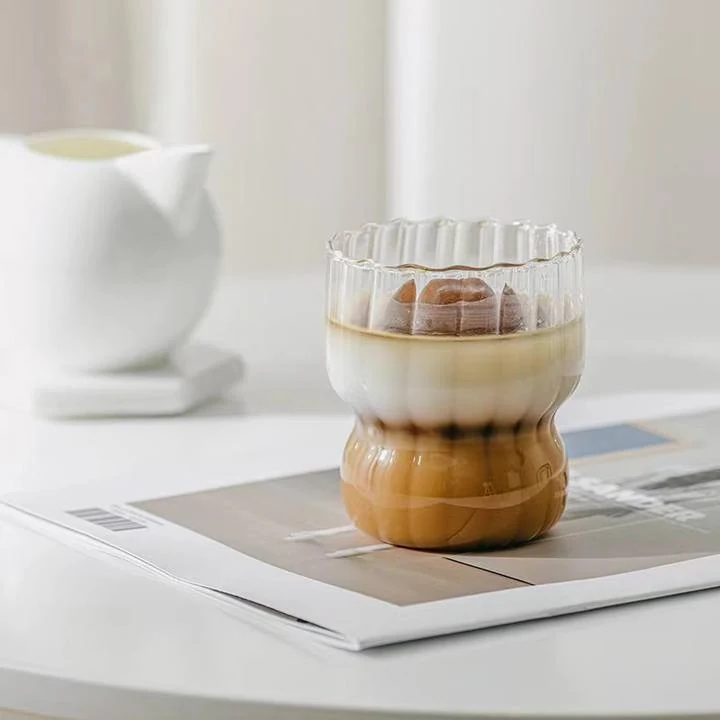
Under these constraints, local substitution and developing domestic supply chains become vital. Glass factories invest in local suppliers of silica additives, fluxes, and polishing agents to reduce dependence. Some producers also favor recycled glass (cullet) to cut costs and lower import burden. The risk is that lower-grade local substitutes may affect quality or durability.
At the same time, international competition from low-cost producers (e.g. in Southeast Asia) pressures Iranian makers to focus not on competing on lowest price but on niche differentiation—design, branding, local customization, proximity to markets, and unique cultural motifs. Furthermore, regional trade agreements with neighbors or free zones could offer avenues to expand exports.
## Part 5: Conclusion
Over the years I have seen Iran’s glass cup manufacturing sector carry both promise and hardship. The opportunity lies in leveraging natural resources, domestic demand, and latent export potential to niche markets. Producers who invest in design, quality, and branding can carve out sustainable segments beyond commodity competition.
Yet challenges loom: sanctions and supply chain restrictions raise cost and risk, while global competitors push hard on price. For Iranian glass cup makers to succeed, they must balance innovation, self-reliance, and smart trade partnerships. Only then can they grow beyond local markets and become recognized names in the region.
Recommended Reading:
- Glass Cup Manufacturer Taiwan
- Glass Cup Manufacturer Switzerland
- Glass Cup Manufacturer Saudi Arabia
- Glass Cup Manufacturer Netherlands
- Glass Cup Manufacturer Turkey
- Glass Cup Manufacturer Indonesia
- Glass Cup Manufacturer Mexico
- Glass Cup Manufacturer Australia
Glass Bottle Manufacturers in Rwanda
9oz Small Glass Candy Jars With Lids Wholesale
Large Glass Coffee Cup With Lid For Juice Or Beer
Luxury Round Glass Perfume Bottle 30ml 50ml 100ml


